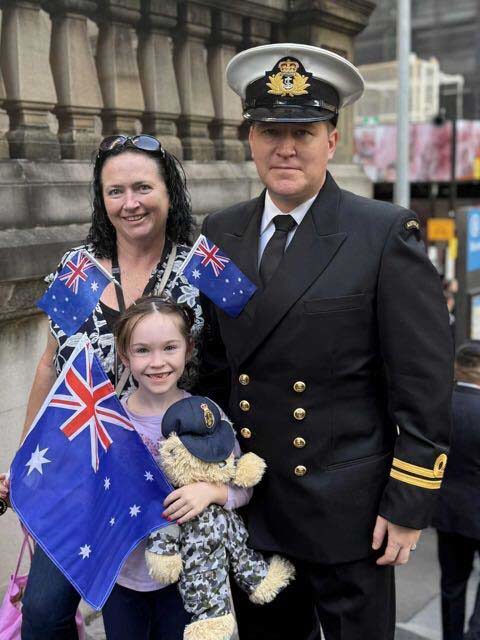
Cindy Graham, 49, has already knitted baby blankets for her daughter for when she has children.
Cindy Graham, 49, has already knitted baby blankets for her daughter for when she has children.
Because she knows she's not going to be there.
The Sydney mother-of-four has stage four lung cancer.
READ MORE: Police give major update on horror Britain train mass stabbing

READ MORE: 'Much loved' Aussie actor dies from cancer in second tragedy for family
And while three of her children are adults, her youngest, Charlotte, just turned eight.
"She knows I've got cancer, but she does not know my prognosis," she told 9news.com.au.
"My other children are adults and they'll be okay but my little girl, she looks at me and it crushes my heart and soul."
When Graham was given the "devastating" diagnosis five years ago, she had to stop breastfeeding Charlotte to start treatment for the cancer which kills more Aussies than any other.
But she has already defied the odds by living this long.
READ MORE: Pentagon preparing war plans after Trump threatens nation online
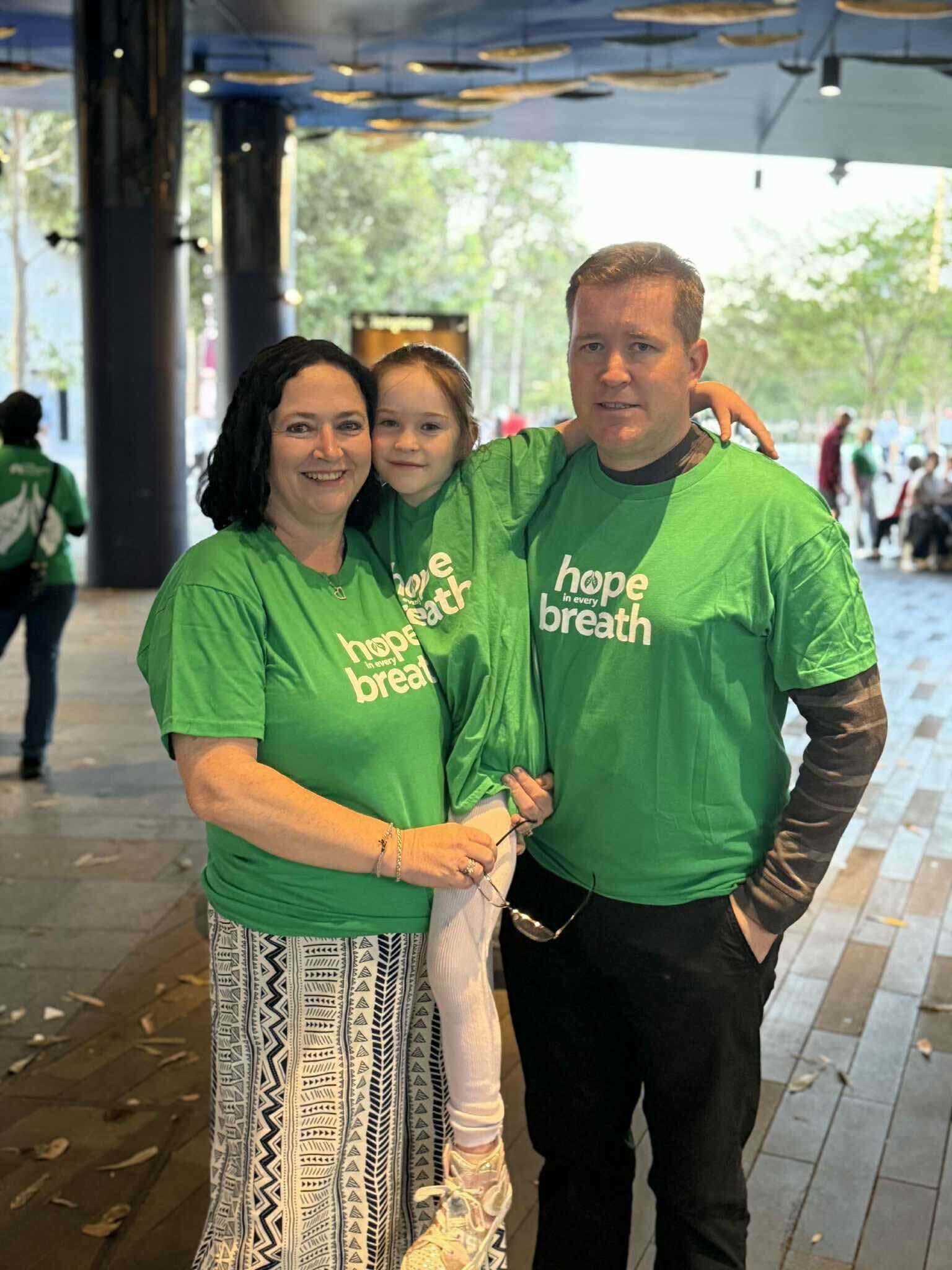
There is just a 26 per cent chance of surviving for five years after diagnosis.
"I feel incredibly lucky I've made it this far - most people don't," she said.
Despite being the most common cancer killer of Aussies, lung cancer is drastically underfunded.
Graham's only symptom was a dull ache in her chest.
Now she must plan her life around scans every three months.
That includes making memories with Charlotte and husband Mitchell, 39, who is in the Navy.
READ MORE: The concerning factor believed to be behind surging house prices
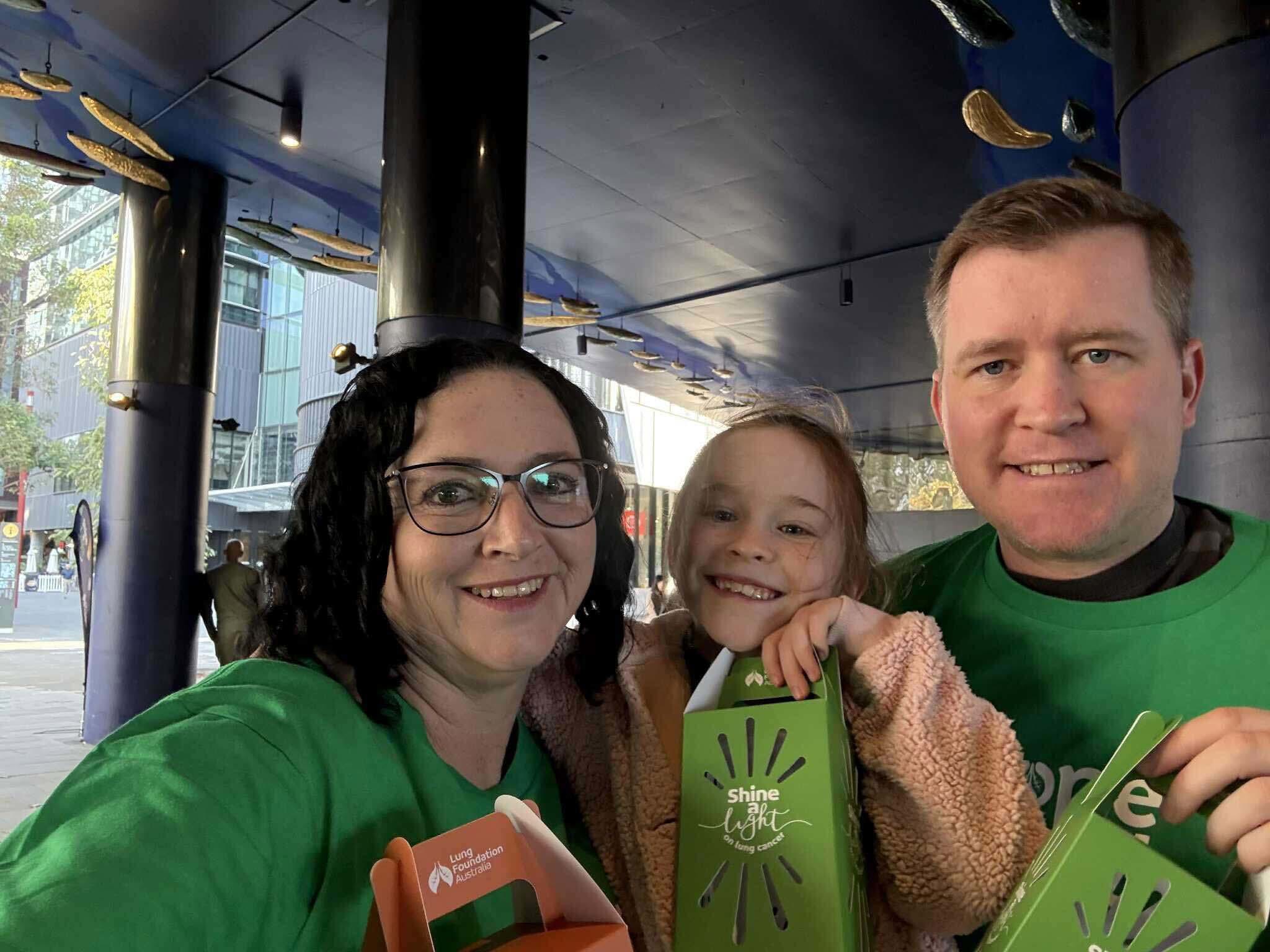
Graham, who walked with her family in the Shine a Light event on November 1, is also joining experts in pushing for more funding for the disease, after a new screening program passed 25,000 scans.
The National Lung Cancer Screening Program, which experts say will save more than 12,000 lives in the next decade, launched in June.
Of the 15,000 expected to be diagnosed with lung cancer this year, 85 per cent will get the dreadful news at a late stage when it's hard to treat.
Estimates show the program will help diagnose more than 70 per cent of cases at an earlier stage, where there are improved treatment opportunities.
However, Graham is backing experts' calls for more funding to actually help improve treatments.
READ MORE: 'Heroic' staffer fighting for his life after saving people in UK train stabbing
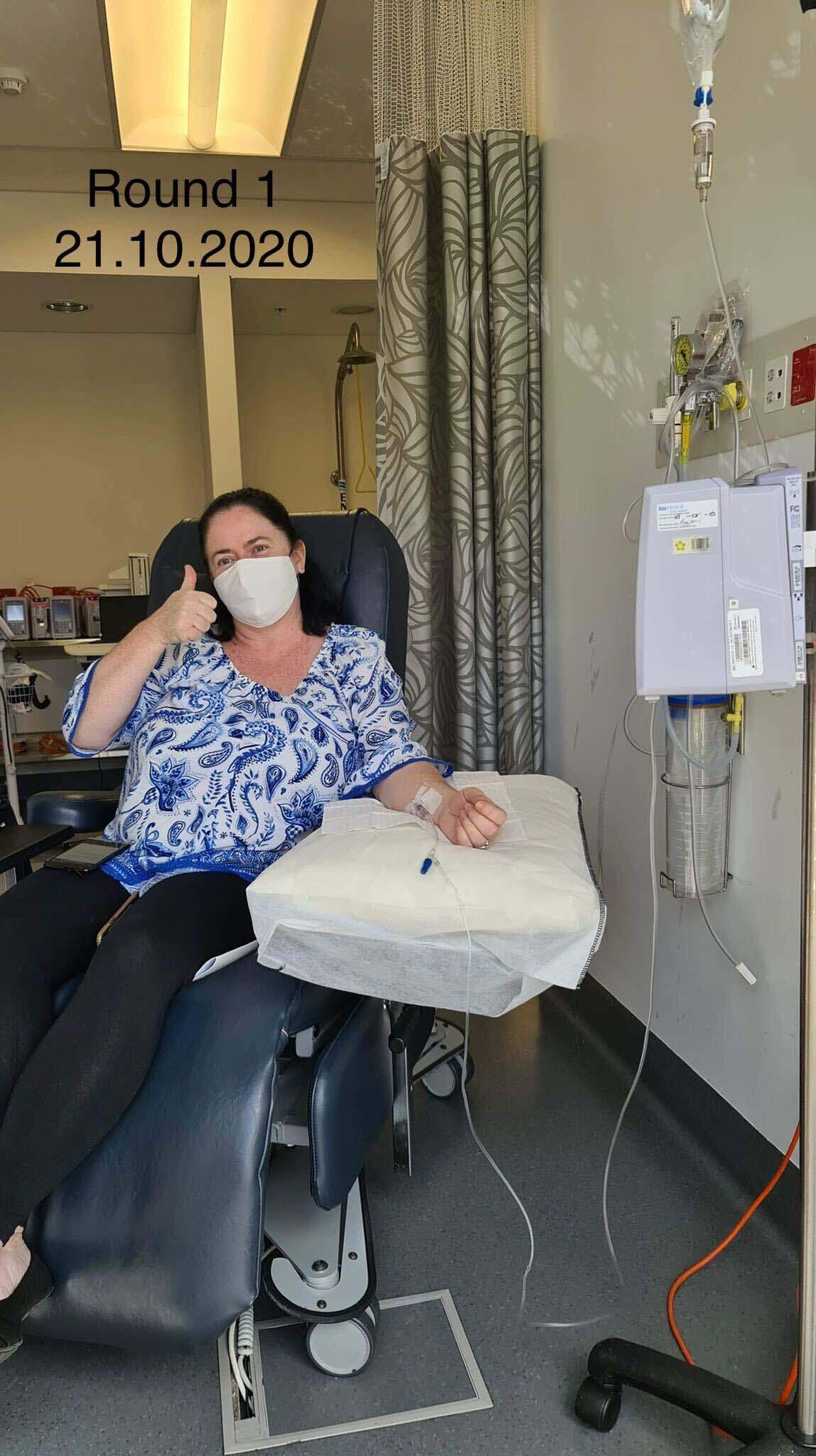
"The only reason I'm alive is because of a clinical trial," she said.
"We now have the national screening which is wonderful and that is going to pick up so many more cases early, but then we also need effective treatments for them."
The new screening program has seen 29,773 people enrolled with 25,949 low-dose CT scans completed, Lung Foundation Australia CEO Mark Brooke said.
"For many years, Lung Foundation Australia has been advocating for this program and it is expected to improve the five-year survival rate of lung cancer with earlier detection and therefore earlier treatment," he said.
"However, there is certainly more that needs to be done.
"This includes more funding for vital research."
An Australian Government Health spokeswoman said between 2015 and 2025, the Australian Government's Medical Research Future Fund (MRFF) has invested more than $35 million for research focussed on lung cancer.
"On 2 May 2024, Minister Butler announced the MRFF Low Survival Cancers Mission (LSCM). It will provide $150 million over 10 years, from 2027-28, for research to improve care and health outcomes for people with low survival cancers," she said.
Lung cancer facts
Lung cancer kills more Australians than any other cancer, ahead of breast, prostate and ovarian cancers.
In 2024 it killed 8918 Aussies, according to Cancer Australia.
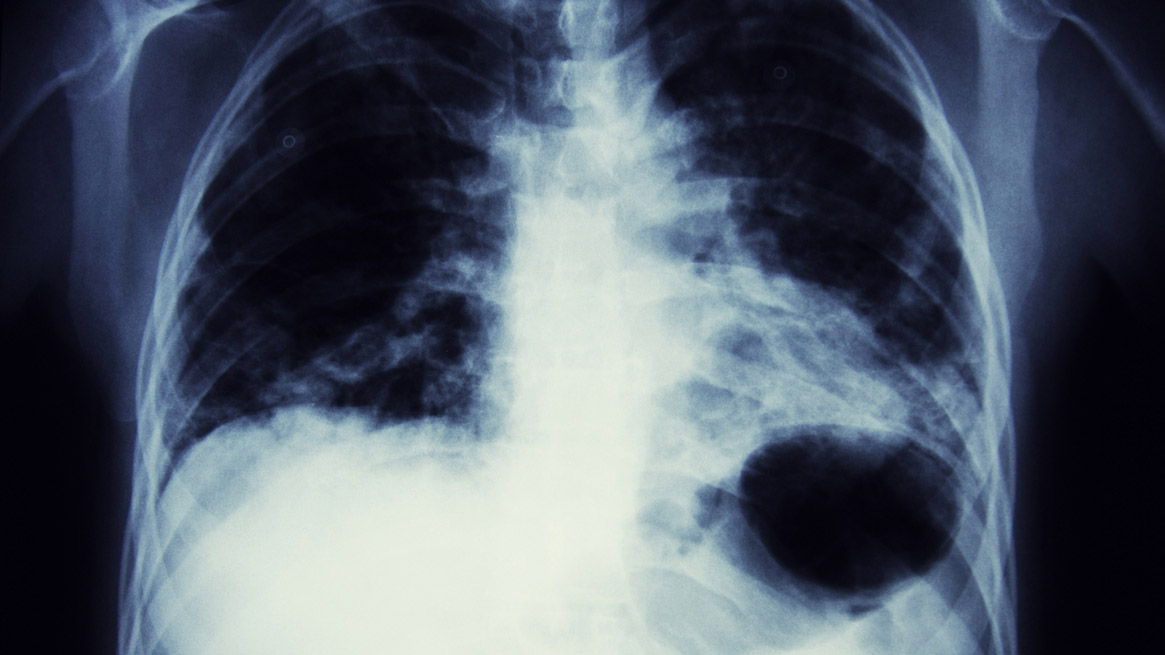
Lung Foundation Australia says patients have significantly poorer outcomes compared to other common cancers.
It received less than a quarter of the funding cash given to breast and colon cancer research between 2011 and 2016, according to Cancer Australia.
One in three women and one in 10 men diagnosed have never smoked.
Those eligible for free screening must be between 50 and 70 years old and have no signs or symptoms.
They must have a history of at least 30 pack years of smoking and are still smoking or have quit only in the past decade.
Anyone interested should see their GP or call the Lung Health Helpline
November is Lung Cancer Awareness Month.
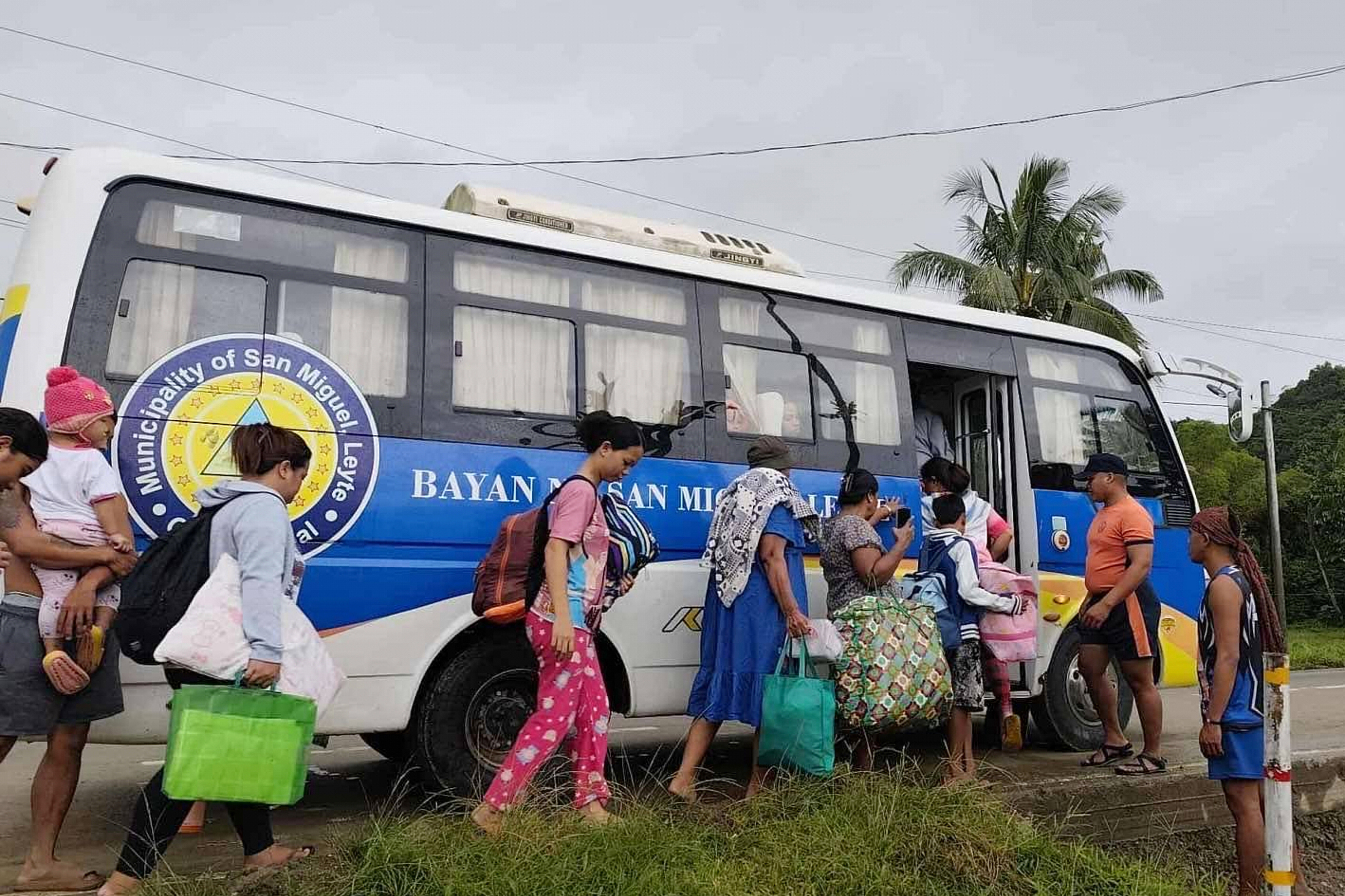 Warning over Aussie holiday hotspots as cyclone sweeps in
Warning over Aussie holiday hotspots as cyclone sweeps in
 The chilling discovery that should have the world on notice
The chilling discovery that should have the world on notice
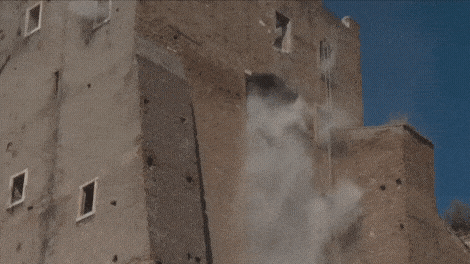 Worker dies shortly after being freed from collapsed medieval tower
Worker dies shortly after being freed from collapsed medieval tower
 Australia exported two decades' worth of gas in five years as prices surged
Australia exported two decades' worth of gas in five years as prices surged
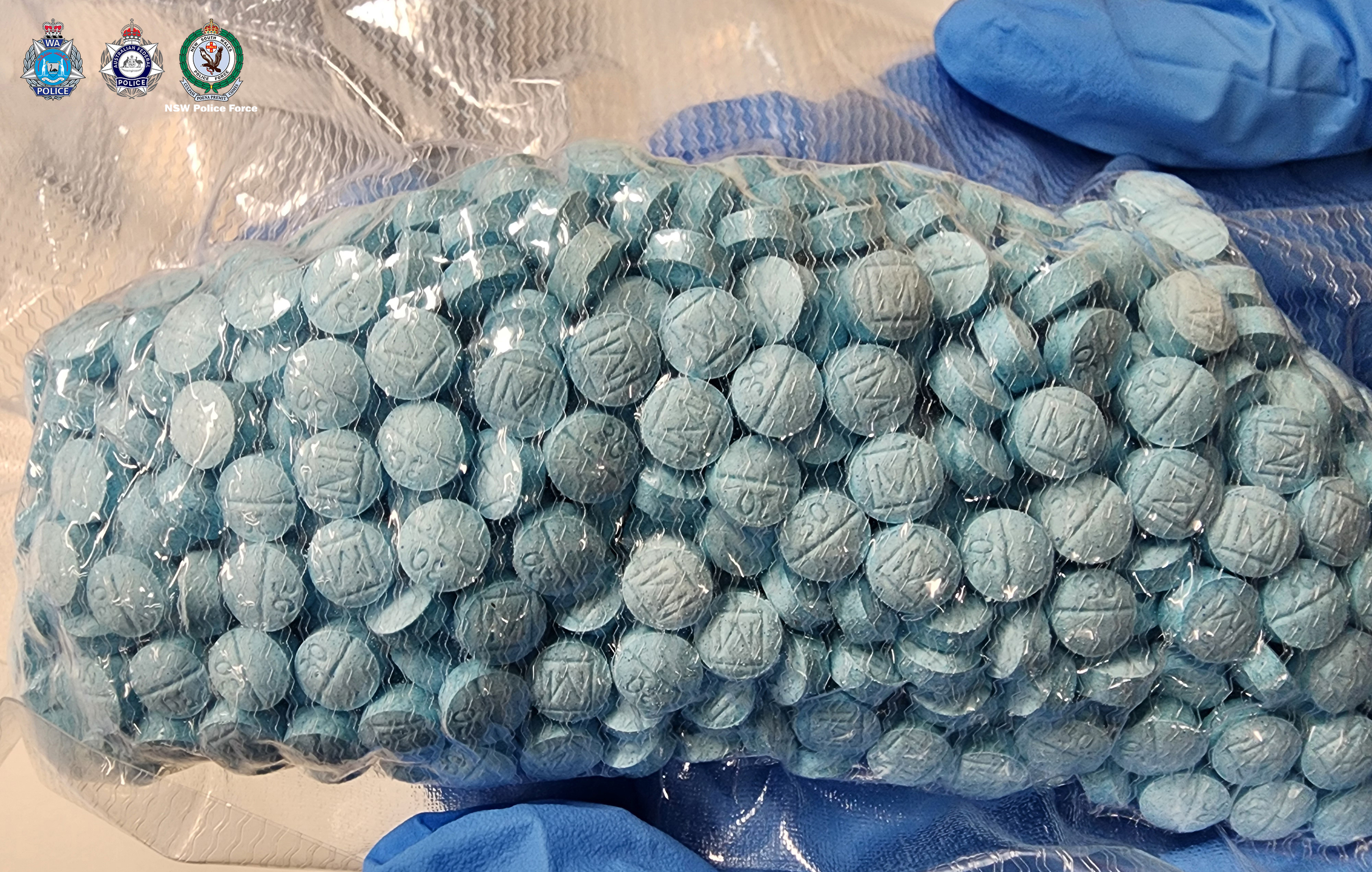 Authorities in two states charge 18 people in $60 million drug bust
Authorities in two states charge 18 people in $60 million drug bust
 'He's got a knife': Australian man tells of train stabbing rampage
'He's got a knife': Australian man tells of train stabbing rampage
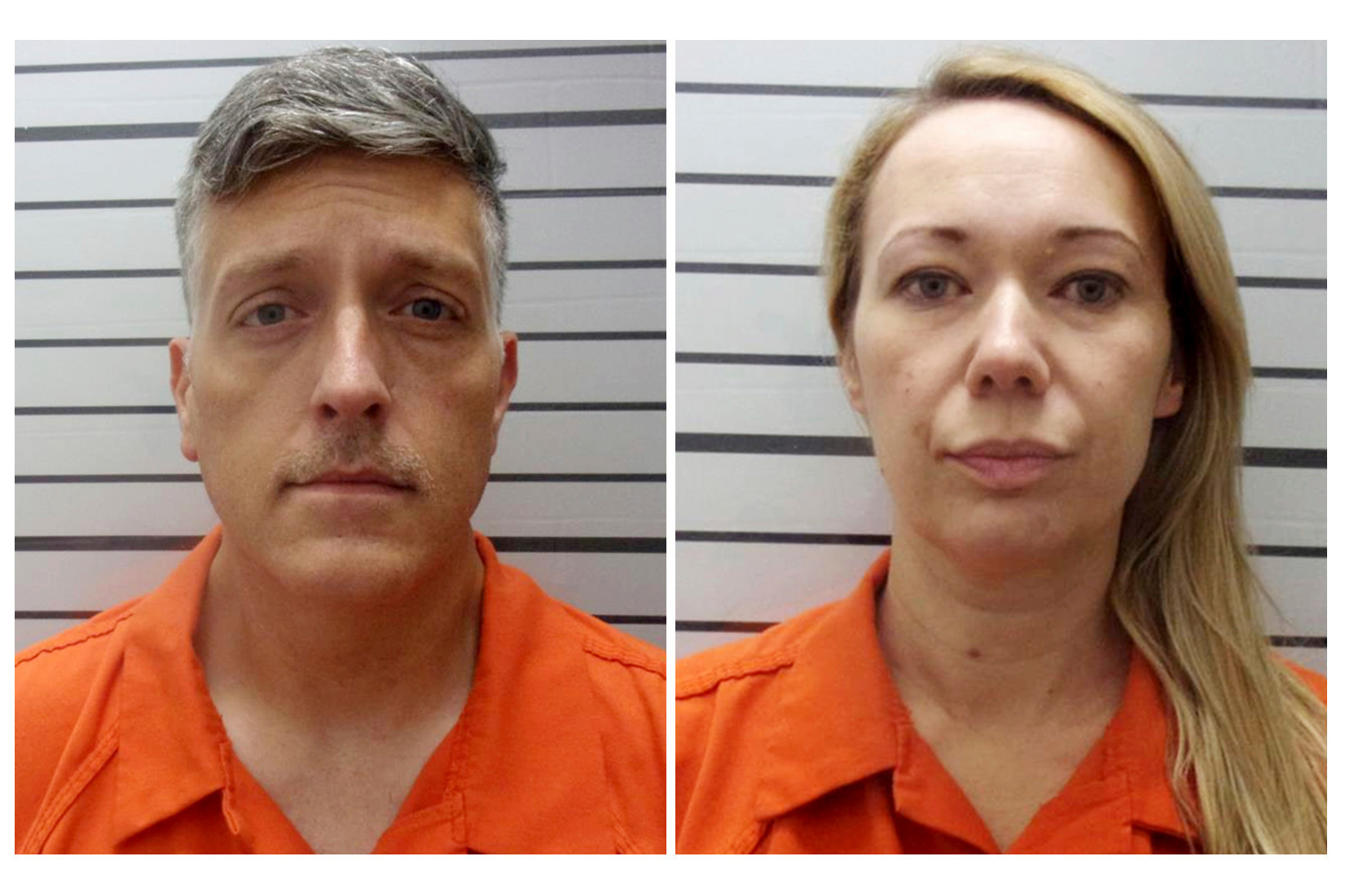 No deal for funeral home owner accused of stashing nearly 190 decaying bodies
No deal for funeral home owner accused of stashing nearly 190 decaying bodies
 'Not if, but when': Farmers fear 'food freeze' will leave millions hungry
'Not if, but when': Farmers fear 'food freeze' will leave millions hungry
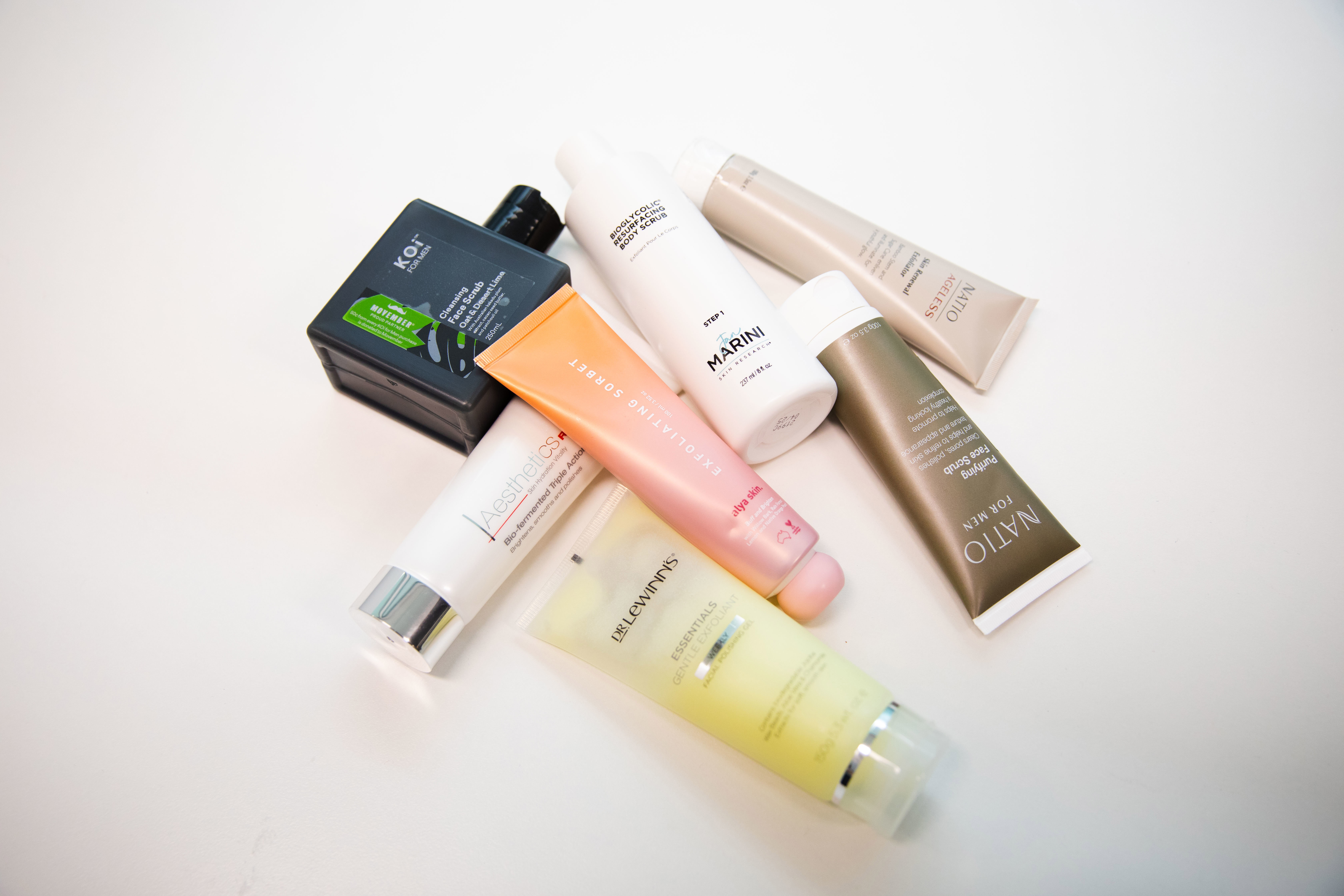 Aussie skincare products pulled from shelves over banned ingredient
Aussie skincare products pulled from shelves over banned ingredient
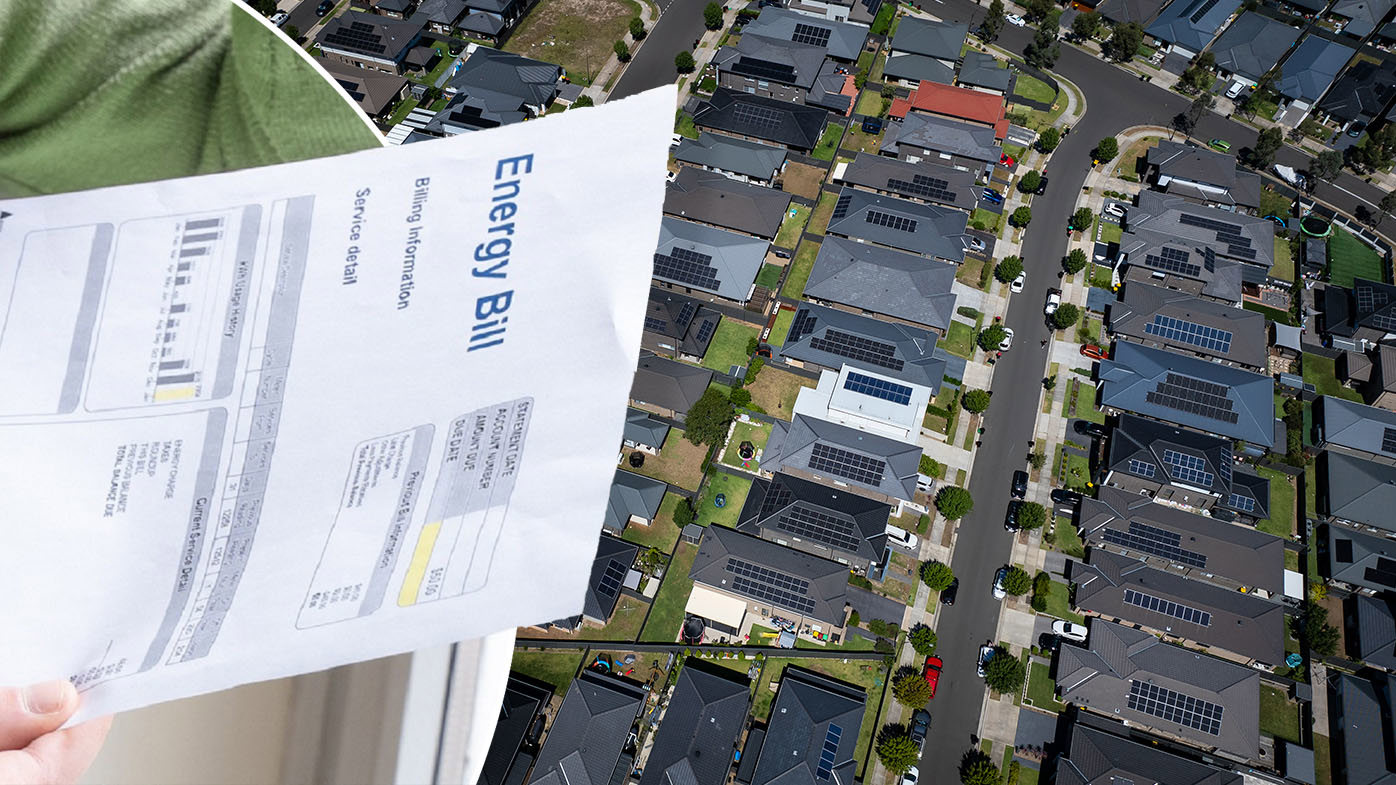 Australian households to get free electricity for three hours a day
Australian households to get free electricity for three hours a day
 Former PM gave Albanese 'fighting words' in case Trump 'turned nasty'
Former PM gave Albanese 'fighting words' in case Trump 'turned nasty'
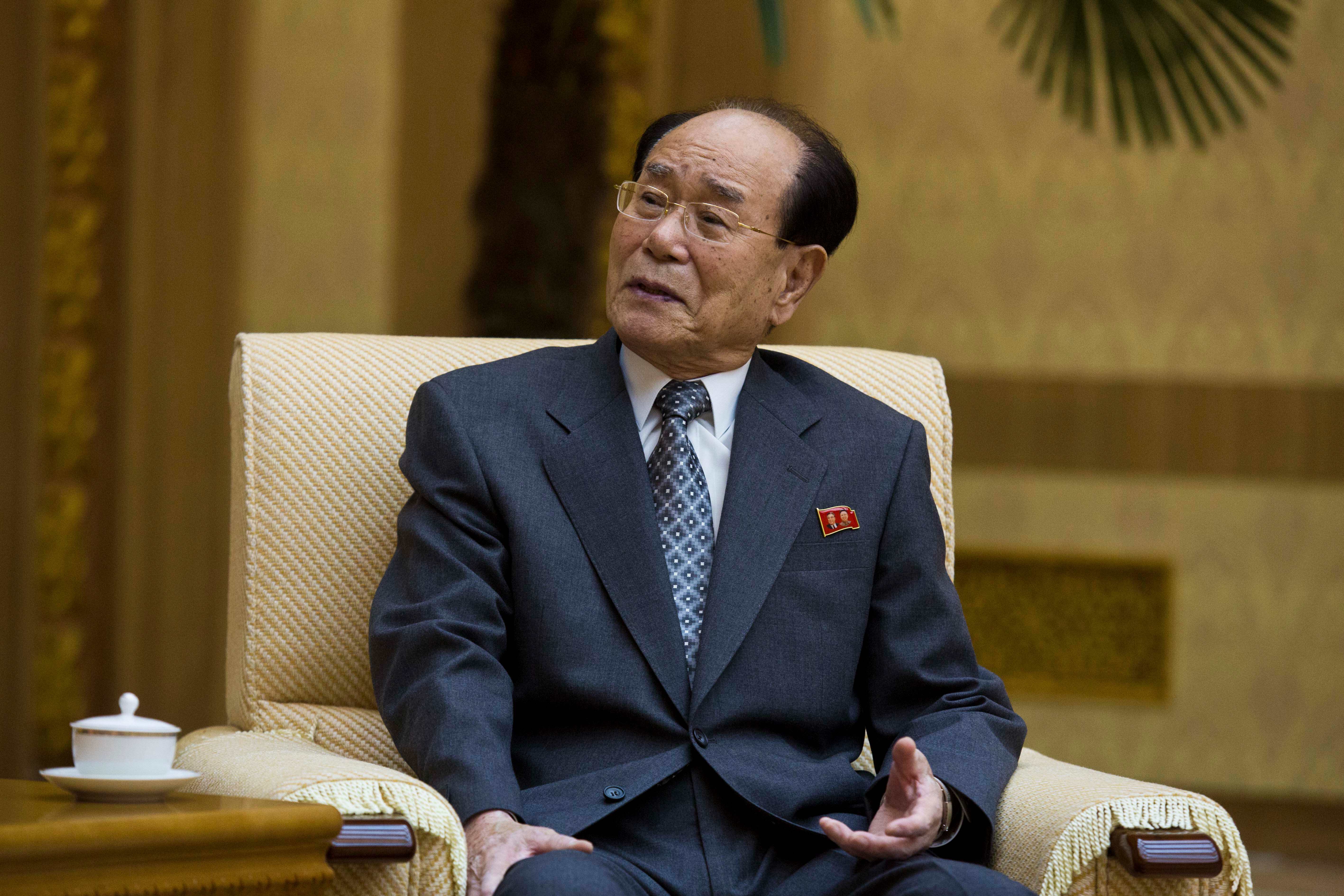 North Korea's longtime ceremonial head of state has died
North Korea's longtime ceremonial head of state has died
 New US poll deals major blow to Donald Trump
New US poll deals major blow to Donald Trump
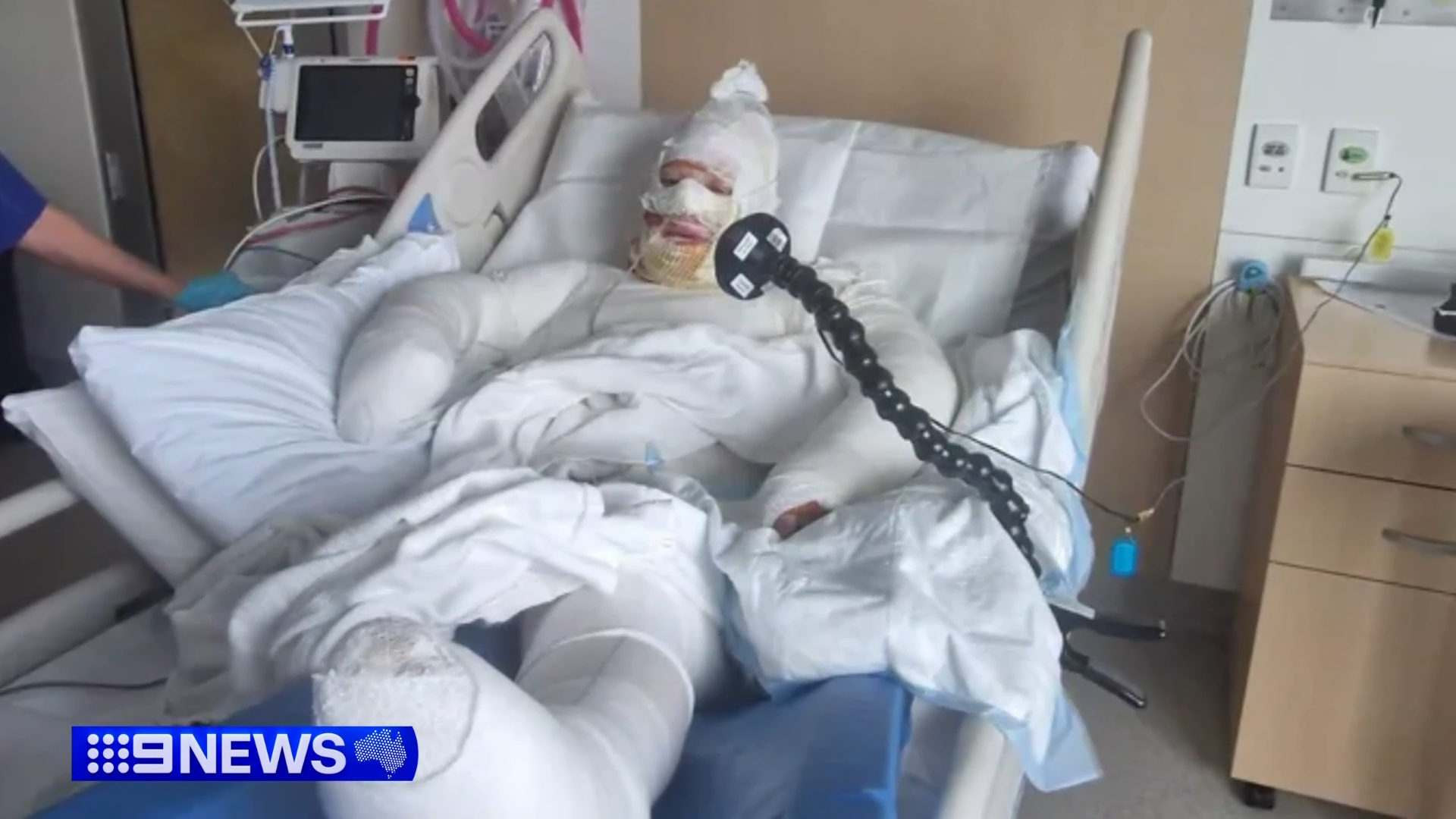 'Like being fried': WA mum suffers serious burns in firebombing
'Like being fried': WA mum suffers serious burns in firebombing
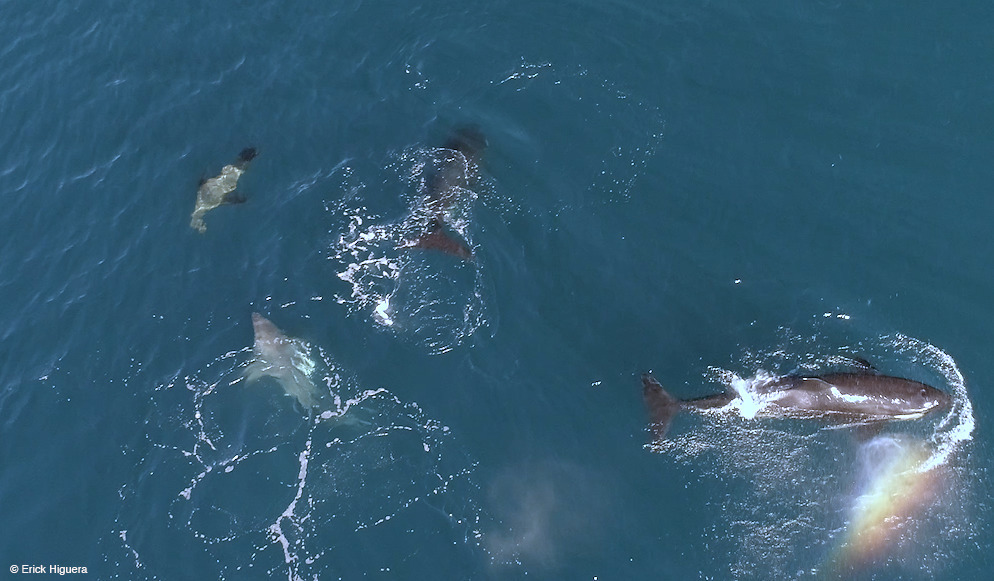 Orca pod seen hunting sharks with special 'paralysis' move
Orca pod seen hunting sharks with special 'paralysis' move
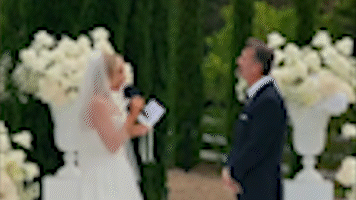 Kookaburra lands on bride's head during wedding ceremony
Kookaburra lands on bride's head during wedding ceremony






